Basic strategic decisions
At the end of 1920, Soviet Russia emerged from the civil war and moved to build a new social regime in a peaceful environment, but there were still many difficulties with a severely devastated economy and a chaotic social situation. The War Communism policy was born to mobilize all material resources and forces to serve the war, which proved to be unsuitable in the new conditions. Faced with this situation, in March 1921, VI Lenin outlined the New Economic Policy (NEP).
The NEP has the following basic contents: Food tax; restoration and development of product exchange relations between agriculture and industry; use of forms of state capitalism; use of commodity-monetary relations, implementation of material and spiritual benefits incentives for workers, exploitation of all resources to develop productive forces, consolidation and perfection of new production relations; building a powerful large-scale industry, considering it as one of the fundamental conditions for the steady development of the socialist regime; the existence of a multi-sector economic structure...
After more than 3 years of implementation, Soviet Russia escaped the crisis, the achievements of the revolution were maintained, the work of building the country according to the requirements of objective laws that NEP had successfully tested was continued to be implemented, as a development strategy. The socio-economic situation of Soviet Russia improved rapidly. In 1921, the first food tax reached 90% (despite severe drought and famine); from 1922 to 1925, food production increased from 56.3 million tons to 74.7 million tons, agriculture was restored and developed, leading to the recovery of industry, commerce and transportation, the lives of the working people were significantly improved, the political and social situation was gradually stabilized...
In the context of Soviet Russia in 1921, NEP was truly a fundamental strategic decision of revolutionary and creative nature, but in terms of strategy, it was a flexible and dynamic policy. NEP was not only an economic policy but also a correct and courageous political line for the Soviet Russian State to overcome difficulties and manage socio-economic development along the socialist path. The new and correct concepts of NEP were confirmed by practice. Born and implemented in the specific conditions of Russia at that time, but the further back in history, the more clearly it was shown that NEP was a common problem, a law for an economically underdeveloped country, not yet through the stage of capitalist development but transitioning to socialism.
Creative application of our Party
In the light of the October Revolution, firmly upholding Marxism-Leninism and Ho Chi Minh's thought, the Communist Party of Vietnam has led the entire nation to unite in will and action, bringing the revolution from one victory to another, gradually realizing the aspiration for national independence and prosperity, freedom and happiness for the people.
In particular, during the 37 years of renovation, our Party has applied and creatively developed Lenin's NEP in developing a multi-sector economy, building a socialist-oriented market economy, actively and proactively integrating internationally in accordance with the specific conditions of our country, thereby achieving important results in socio-economic development, enhancing Vietnam's position in the international arena; creating important premises for continuing to develop the country in the coming time. In response to new requirements and demands of reality, the 13th National Party Congress added many new perceptions and orientations in the perspective on development institutions, emphasizing the need to perfect the socialist-oriented market economic institution to promote innovation, digital transformation, forming new economic models, developing economic sectors, especially the private economy, which is considered an important driving force.
In the orientation for national development in the period of 2021 - 2030, the Document of the 13th National Party Congress determined: "Continue to strongly innovate thinking, build and perfect a synchronous institution for sustainable development in economics, politics, culture, society, and environment, promptly remove difficulties and obstacles; unleash all potentials and resources, which is a new driving force for the country's rapid and sustainable development". At the same time, the policy is to continue to "Comprehensively and synchronously perfect the institution for developing a socialist-oriented market economy, creating a favorable environment to mobilize, allocate and effectively use resources to promote investment, production and business; improve productivity, quality, efficiency and competitiveness of the economy".
Source


![[Photo] T&T 1 and Ho Chi Minh City 1 People's Police Teams won the men's and women's team championships](https://vphoto.vietnam.vn/thumb/1200x675/vietnam/resource/IMAGE/2025/5/22/39db06ae67cb4001b7a556e8d9a56d07)











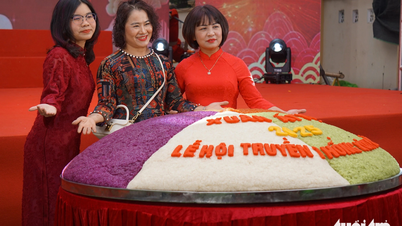






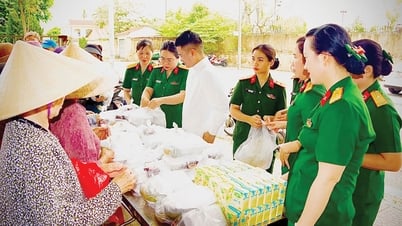
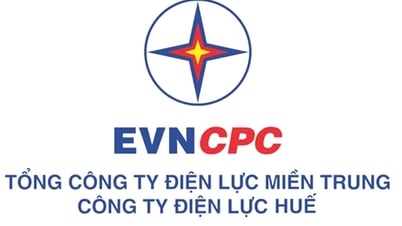


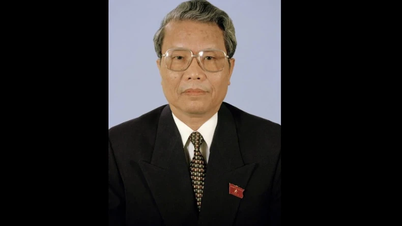







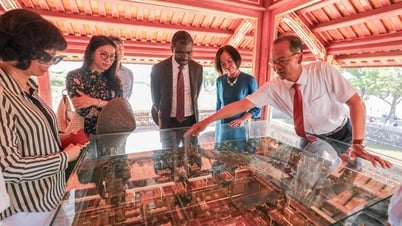
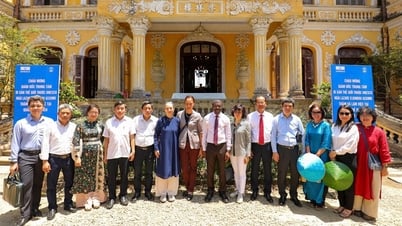






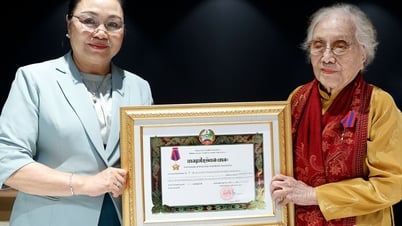



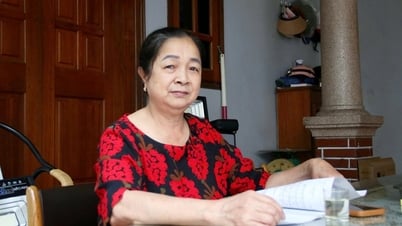








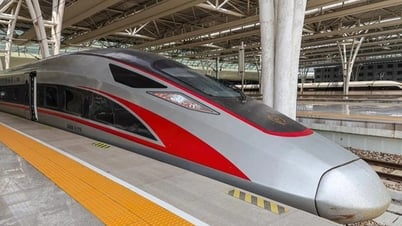





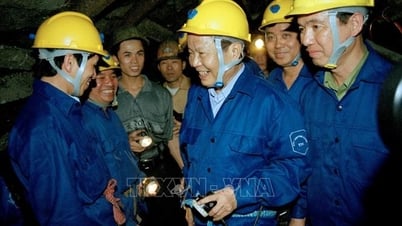
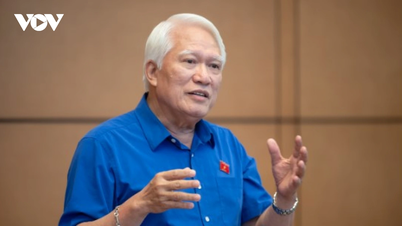
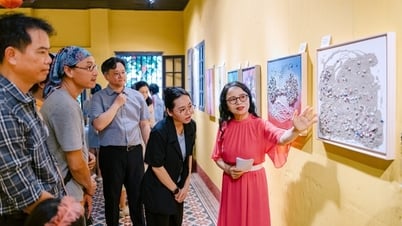

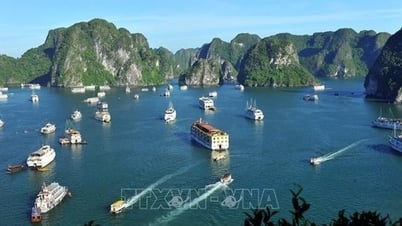
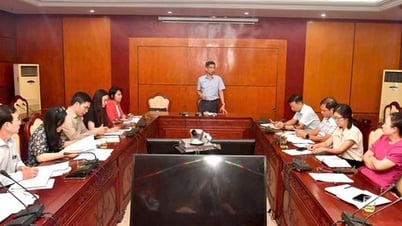

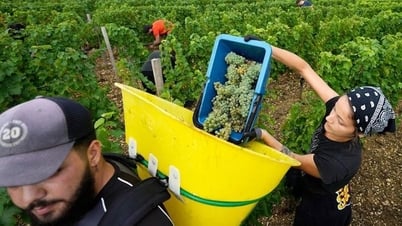

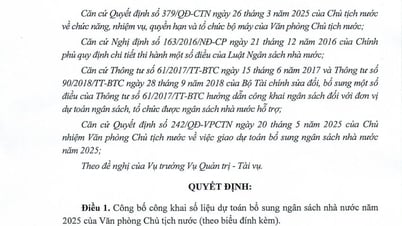



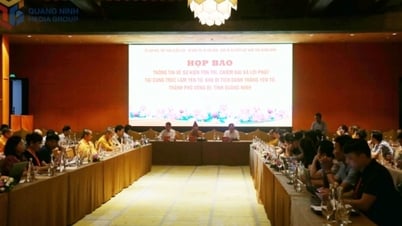

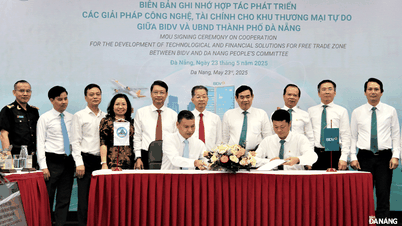
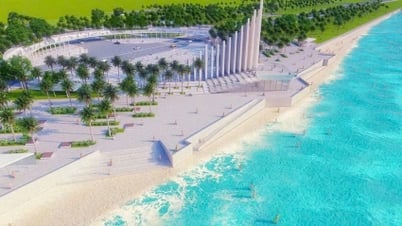

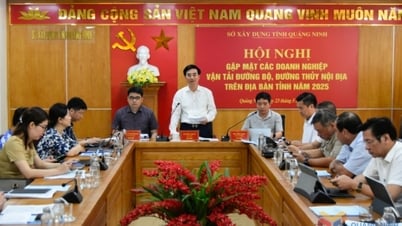
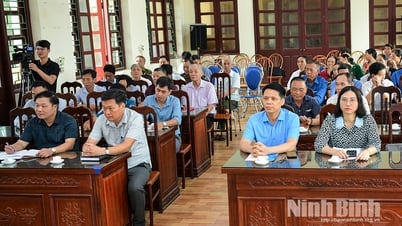








![[Podcast] Week introducing more than 500 OCOP products in Hanoi](https://vphoto.vietnam.vn/thumb/402x226/vietnam/resource/IMAGE/2025/5/22/d144aac2416744718388dbae3260e7fd)


Comment (0)